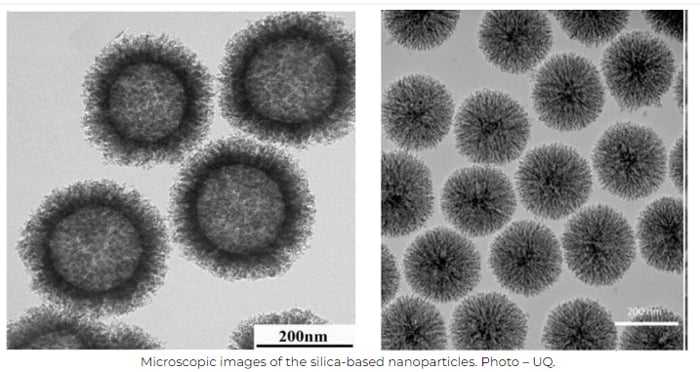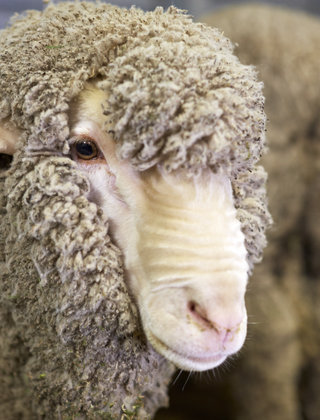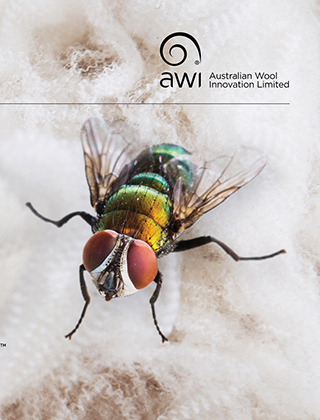Welcome to Australian Wool Innovation, a hub for the woolgrowers of Australia.
Not a woolgrower? Looking for information about wool products, wool care or wool processing?
The Woolmark Company is the global authority on wool. Visit Woolmark.com instead.
Tiny tech in big battle with blowflies

A new project aims to use nanotechnology to develop a tea tree oil biopesticide that provides prolonged, safe and residue-free flystrike protection for sheep.
Chemical resistance in sheep blowflies is compromising the effectiveness of current sheep flystrike chemical control options, and there is potential for their access to be further restricted due to workplace health and safety, and residue and environmental concerns.
A solution could be to use eco-friendly biopesticides made from natural essential oils like tea tree oil.
Unfortunately, when biopesticides are applied as a blowfly repellent using current delivery methods, the biopesticides have shorter protection periods and lack potency compared to the available chemical options. This means that, to date, biopesticides have not been a practical option for woolgrowers.
However, nanotechnology might provide a solution. Nanotechnology is essentially the study of very small things – nanoparticles less than a thousandth of a millimetre in size. Building on previous AWI investment in nanotechnology for flystrike control, researchers are developing a promising new method of delivering biopesticides that provide extended protection and are softer on the environment.

Tiny silica nanoparticles with surface spikes purpose-built to give prolonged periods of protection against flystrike could be a game changer when filled with biopesticides like tea tree oil.
“Led by the Queensland Government’s Department of Primary Industries, this project will design and test natural and environmentally friendly tea tree oil nano-formulations to give prolonged periods of protection against flystrike, with minimal residues and off-target effects,” said AWI Program Manager, Animal Wellbeing and Industry Resilience, Carolina Diaz.
“Tea tree oil, an essential oil extracted from the Australian tea tree plant, is already being used in many external parasitic treatments such as human lice treatments, domestic pet tick control and fly repellent.
“Previous AWI investment into nanotechnology for flystrike control, carried out by the University of Queensland, has already demonstrated the ability of silica nanoparticles to provide extended periods of protection in laboratory tests. This project aims to design and develop a nanoformulation that can be loaded with Australian tea tree oil to extend protection against flystrike when applied to sheep.”
Research began earlier this year and is planned to run for the next two years. However, the project has a clear stop/go point next year linked to whether the researchers can demonstrate the effectiveness of the formulation against sheep blowfly in the lab and hence whether the project should progress to animal trials.
The research is co-funded by AWI, Beef + Lamb New Zealand and AgriFutures (representing the tea tree oil industry). The Queensland Government’s Department of Primary Industries and the University of Queensland are providing in-kind contributions. In-kind contributions of technical expertise and tea tree oil for the trials is also being provided by Main Camp, the largest tea tree oil producer in Australia.
Photo credit (top photo): Thinkhubstudio
This article appeared in the December 2024 edition of AWI’s Beyond the Bale magazine. Reproduction of the article is encouraged.














